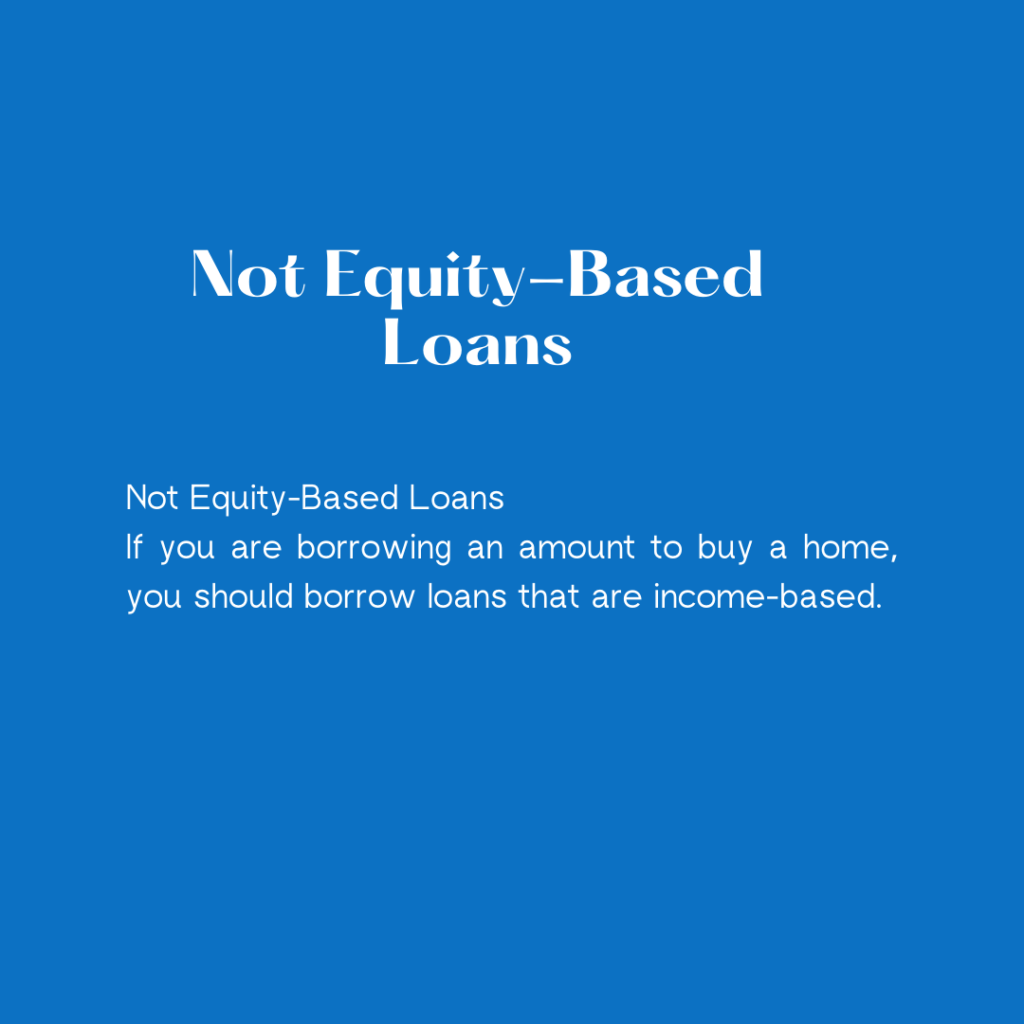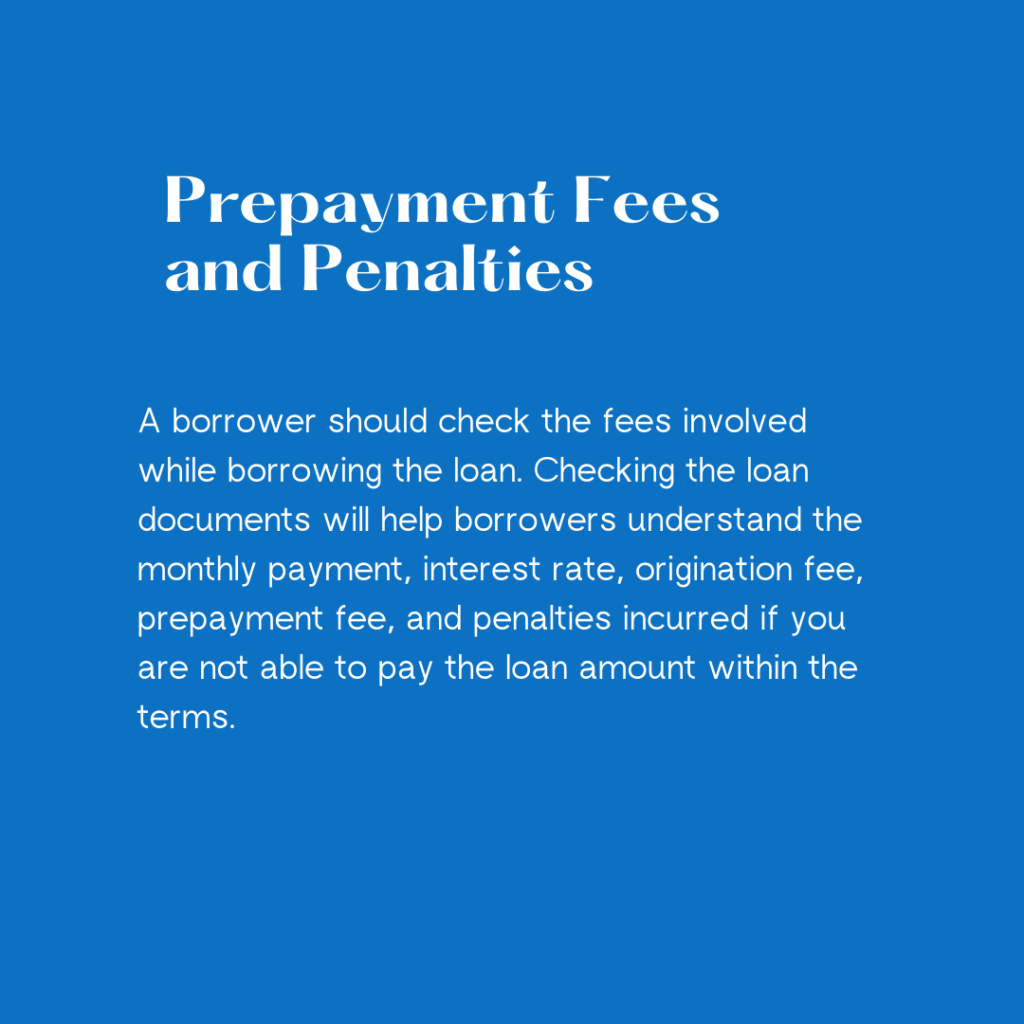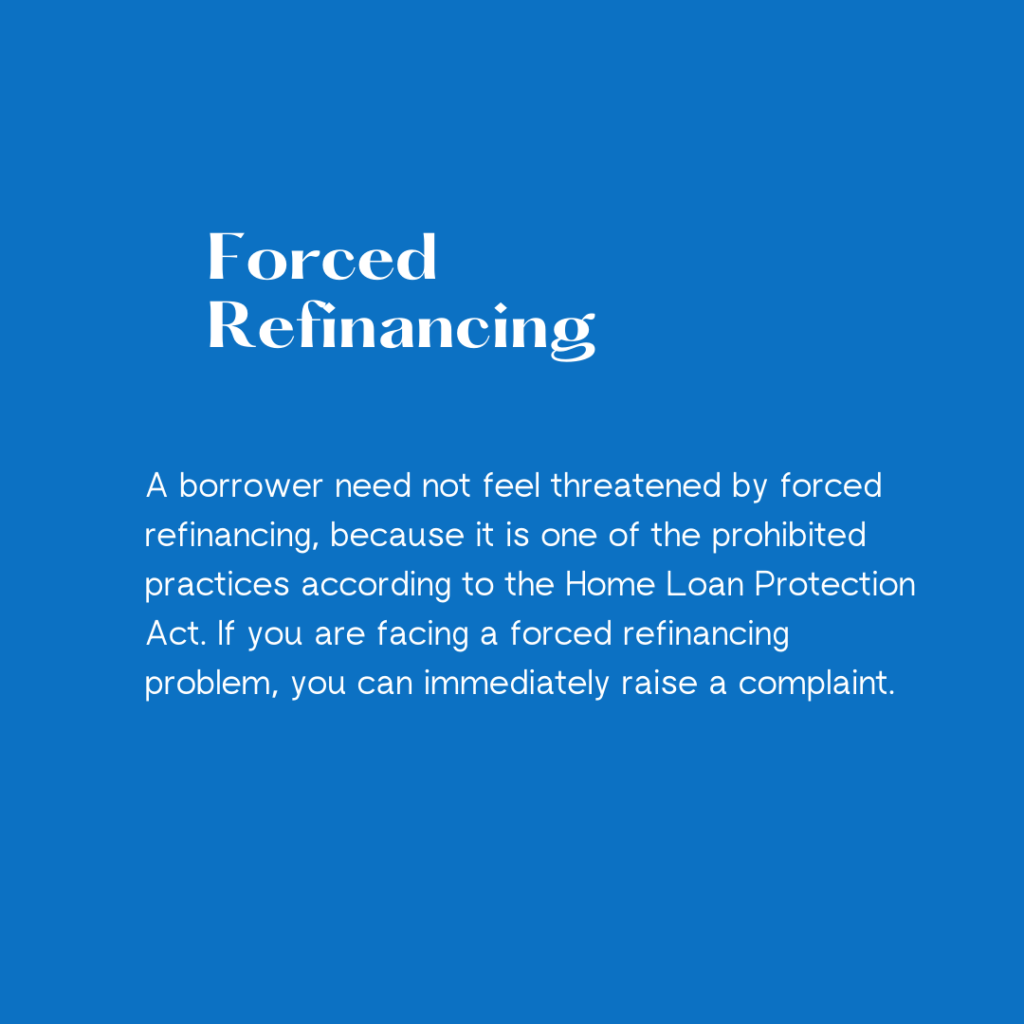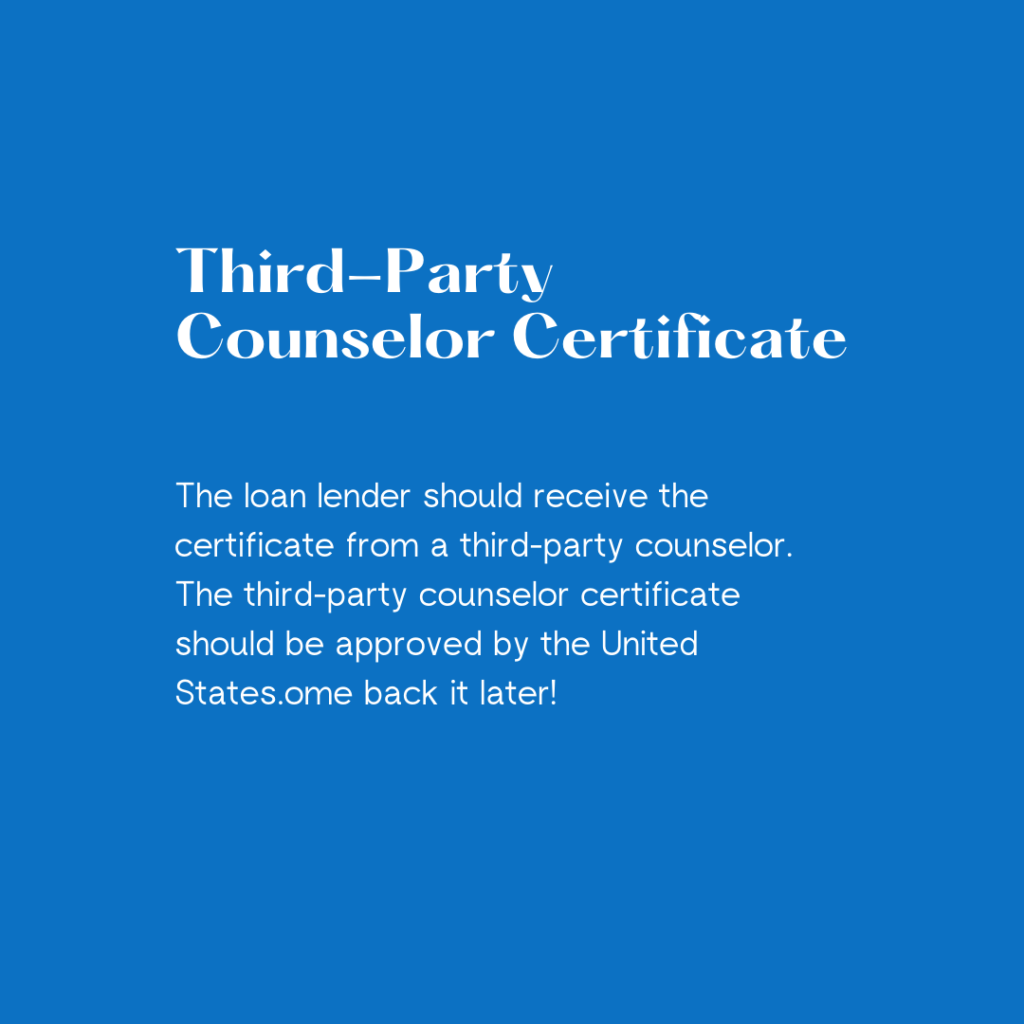Arkansas’ home loan protection act helps borrowers understand how to eliminate unnecessary payments while paying the mortgage. The private mortgage insurance cancellation act (PMI) in 1998 created awareness about mortgage transactions among borrowers.
If the loan to value ratio reaches 80%, borrowers can reduce the extra payments of private mortgage insurance. Everyone should understand the home loan protection act and requirements while borrowing the loan. In this article, let us look into the Arkansas home loan protection act and the benefits.
Arkansas Home Loan Protection Act 1998





The Home Loan Protection Act was introduced in 1998. The Home Loan Protection Act is also known as the Private Mortgage Insurance Cancellation act. Due to covid, many borrowers are facing a lot of foreclosures while borrowing equity loans. Home equity loans require a percentage of equity, using your home as collateral. Sometimes, borrowers might lose their property while borrowing mortgage loans when they are not able to pay the interest.
The home loan protection act ensures the protection of equity of individual borrowers. If you are borrowing a home loan, you will have to understand the home loan protection act to avoid abusive loan terms.
Eligibility to Borrow Home Loan
A borrower should first understand the types of financing options before applying for a home loan. As we know, there are different types of financing options to buy a home. The financing options are unsecured personal loans, home equity loans, home equity line of credit, cash-out refinance, and FHA loans.
Every financing option has various requirements to qualify borrowers for loans. In home equity loans, borrowers should have enough credit score, equity percentage, and income sources to qualify. Buying a home is one of the huge investments. Let us look into the important factors to concentrate on while borrowing a home loan according to the home loan protection act.
What Should You Watch for? – Arkansas Home Loan Protection
Many of you will look into the interest rate, financial institutions, and loan proceeds while borrowing a home loan. But you should also look into the various factors in terms of the home loan protection act to secure your property. Arkansas has been facing abusive mortgage lending recently.
The home loan protection act 25, 53, and 104 states prohibited a few practices of loan lenders while lending a home loan. Understanding the home loan protection act will help borrowers escape risks. Let us look into the abusive lending terms that a borrower should avoid.
Not Equity-Based Loans
If you are borrowing an amount to buy a home, you should borrow loans that are income-based. Equity-based loans can lead to foreclosure. While you are borrowing loan amounts from home equity loans and lines of credit, you should have a maximum of 80% of equity.
When you are not able to pay the interest rate and fee within the loan terms, eventually you could lose your property to the lender. This is the reason why everyone should borrow a loan amount that is income-based rather than equity-based.
Prepayment Fees and Penalties
A borrower should check the fees involved while borrowing the loan. Checking the loan documents will help borrowers understand the monthly payment, interest rate, origination fee, prepayment fee, and penalties incurred if you are not able to pay the loan amount within the terms.
Abusive loan lenders will offer borrowers loans with higher fees and penalties. Gradually, borrowers will end up paying a fee that is higher than the loan amount. Checking the fees and penalties will help borrowers avoid loans that have higher fees.
Forced Refinancing
If you are borrowing a loan with the equity of your home, the loan lender will benefit from the percentage of equity. A borrower need not feel threatened by forced refinancing, because it is one of the prohibited practices according to the Home Loan Protection Act. If you are facing a forced refinancing problem, you can immediately raise a complaint.
Some loan lenders will ask borrowers to refinance their homes regularly despite having a sufficient amount of equity. Forced refinancing is one of the abusive loan lending processes.
Don’t Accept Balloon Payment
Arkansas home loan protection act 23, 53, and 104 strictly prohibit balloon payments for home loans that have less than 10 years. A balloon payment will increase the payment at the end of the loan terms. A borrower will not pay a one-time payment but he/she will pay larger than the usual payment at the end of the loan.
According to the Arkansas Home Loan Protection Act, the borrower need not pay the amount that exceeds the principal balance.
No Higher Interest Rate
Unsecured home improvement loans will have fixed interest rates. Some home loans like the home equity line of credit have fluctuating interest rates.
A fixed interest rate will benefit in several ways. People will pay higher interest rates if they borrow loan amounts that have fluctuating interest rates. The interest rates will exceed the increased value of the home.
Third-Party Counselor Certificate
The loan lender should receive the certificate from a third-party counselor. The third-party counselor certificate should be approved by the United States.
As a borrower, consider getting proper counseling for home loan transactions before receiving the amount. The home loan protection act 23,53 and 104 elucidates the importance of a third-party counselor certificate.
Reasonable Repayment Terms
A borrower should have reasonable repayment terms for the higher home loan. A loan lender should consider the repayment ability of a borrower for the higher home loan. If a borrower has enough income sources and assets to borrow the loan, the loan lenders can formulate the terms and conditions accordingly.
The loan lenders should fix the reasonable repayment terms. A loan lender should not provide a loan amount without checking the repayment ability of a borrower. If your loan lender is more concerned about payments before checking the repayment ability and documents, you should be careful before borrowing the loan.
Federal Housing Administration Loans
The home loan protection act revolves around home equity loans and equity-based loans. If you are borrowing Federal Housing Administration loans (FHA) for home improvements or to buy a home, you should understand the limitations.
FHA loans have limitations such as geographical restrictions and income sources. Here are the few factors that will disqualify you to borrow FHA home loans.
- You should not have debts.
- You should have sufficient income sources.
- A bad credit score will not qualify.
- Debt to Income Ratio will be evaluated.
Federal Law for Home Loans
Federal law will protect the borrowers and reduce the risks in borrowing home loans.
According to federal law, borrowers should know the APR (Annual Percentage Rate), number of payments, and finance charges while borrowing the loan.
Homeowners can also cancel the loan within three days before it becomes permanent.
Final Word
Losing property is one of the huge fears of many borrowers while buying a home. But, the Arkansas home Loan Protection Act of 1998 lists out the violations of dubious lenders and creates awareness among borrowers while borrowing equity loans.
A borrower need not worry about the risk of foreclosure while borrowing the loan amount in unsecured personal loans. TGUC Financial offers personal loans for home improvements. TGUC financial loan is income-based, hence the homeowners will benefit a lot and escape the risks.
Checking whether the lenders’ requirements align with the home loan protection act will reduce risks and help people borrow loan amounts without apprehension. Even if you are borrowing a loan for home improvements, you should check the loan lenders’ limitations and the home loan protection act.
Suggested Reads
- Home Improvement Tax Deduction & Credits
- 10 Best Home Improvement Loan Rates
- 5 Ways to Get Qualified for Higher Home Loan & Improvement Loan
- What is a Personal Home Improvement Loan and When Should You Use it?
- How to Increase the Value of a Manufactured House?
Frequently Asked Questions
1. What should your credit score be to acquire a home loan in Arkansas?
If you are borrowing home equity loans, your credit score should be above 600. For FHA loans, a borrower should have at least a 680 credit score.
2. How to calculate Debt to Income Ratio?
A homeowner should add the monthly bills and debts and divide them from the total income to calculate the DIR(Debt to Income Ratio). The debt to income ratio will calculate both debts and income that a homeowner has. The overall percentage of income, debt, mortgage, and other payments will come into consideration.
3. What is conventional financing?
The loan type that is not insured by the government is known as conventional financing. If you are borrowing a loan from private lenders, it is conventional financing.


Recent Comments